Hybrid Cloud: The Best of Both Worlds for Business IT
As businesses increasingly rely on digital transformation, hybrid cloud solutions offer a flexible and scalable approach to IT infrastructure. By combining the benefits of public and private cloud environments, hybrid cloud architecture enables businesses to optimize performance, security, and cost efficiency.
What is Hybrid Cloud?
A hybrid cloud is a computing environment that integrates public cloud services (such as AWS, Microsoft Azure, or Google Cloud) with a private cloud or on-premises infrastructure. This setup allows businesses to move workloads seamlessly between environments based on their specific needs.
Benefits of Hybrid Cloud
1. Scalability & Flexibility
Hybrid cloud allows businesses to scale resources dynamically. Critical workloads can run on a secure private cloud, while additional processing power can be leveraged from the public cloud as needed.
2. Cost Optimization
With hybrid cloud, companies can minimize infrastructure costs by using public cloud resources for non-sensitive workloads while keeping mission-critical applications in a private cloud.
3. Enhanced Security & Compliance
Businesses handling sensitive data can store it in a private cloud while leveraging public cloud capabilities for less-sensitive applications. This ensures regulatory compliance and data security.
4. Business Continuity & Disaster Recovery
Hybrid cloud enables seamless backup and disaster recovery solutions by replicating data across multiple cloud environments, reducing downtime risks.
5. Improved Performance & Latency
By hosting workloads closer to end users in a hybrid environment, businesses can reduce latency and optimize application performance.
Use Cases for Hybrid Cloud
- Enterprises with Regulatory Requirements – Businesses in finance, healthcare, and government can keep sensitive data on private clouds while using public cloud services for other operations.
- E-Commerce & Seasonal Workloads – Retailers can scale up cloud resources during peak shopping seasons without over-investing in infrastructure.
- Big Data & AI Workloads – Organizations can process large datasets using public cloud computing power while securing critical insights on private cloud storage.
Choosing the Right Hybrid Cloud Strategy
To implement an effective hybrid cloud strategy, consider:
- Workload Distribution – Define which applications and data should reside in the private and public cloud.
- Security & Compliance Needs – Ensure adherence to industry-specific regulations such as GDPR or HIPAA.
- Integration & Management Tools – Use hybrid cloud platforms like VMware, Kubernetes, or Red Hat OpenShift for seamless cloud orchestration.
- Cost Management – Monitor cloud usage to optimize expenses with tools like FinOps.
Final Thoughts
Hybrid cloud solutions provide the flexibility, scalability, and security businesses need to balance on-premises control with cloud efficiency. By adopting a well-structured hybrid cloud approach, companies can streamline operations, enhance security, and drive digital innovation.
Explore
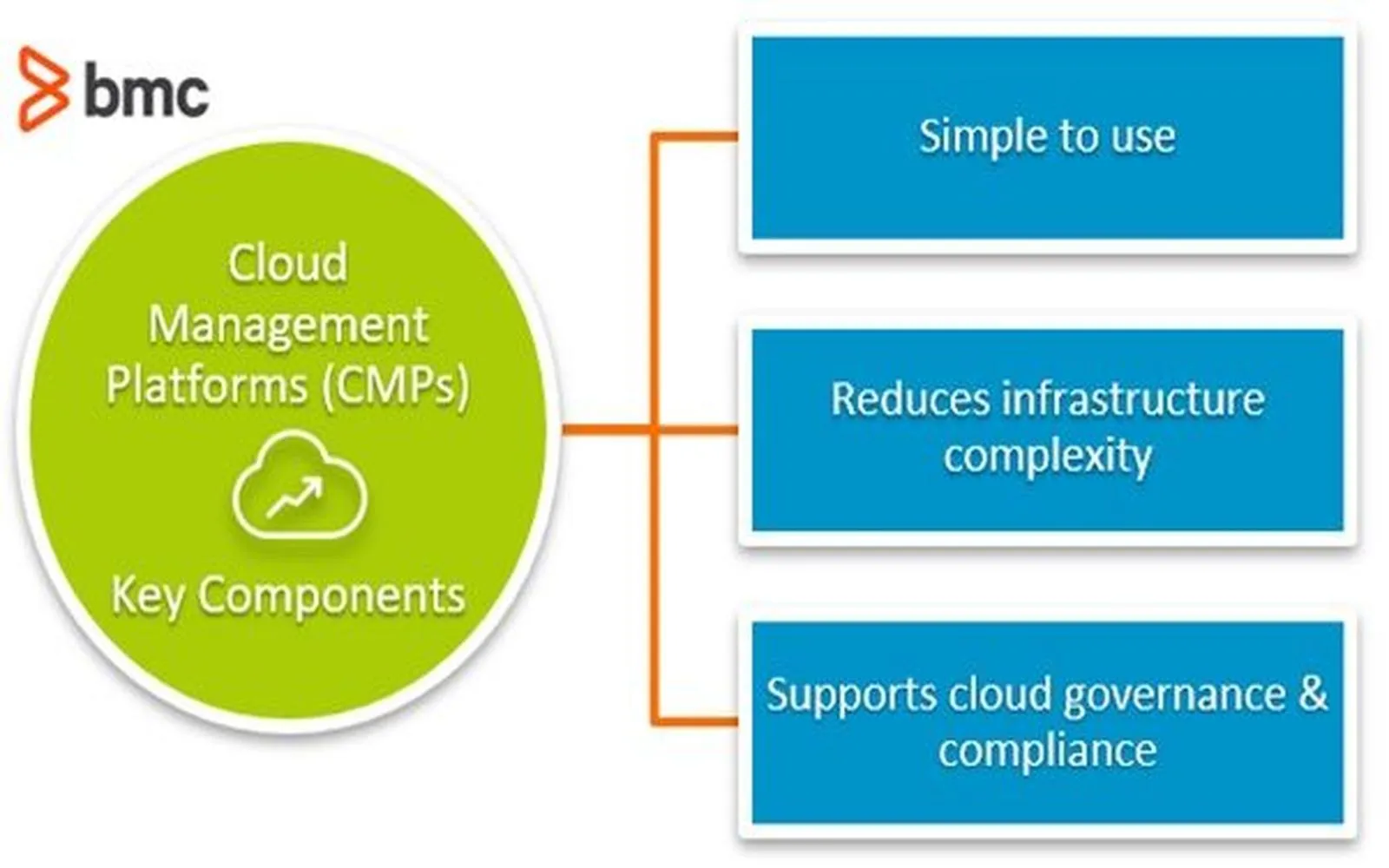
Cloud Management: Essential Guide to Streamlining Your Cloud Infrastructure
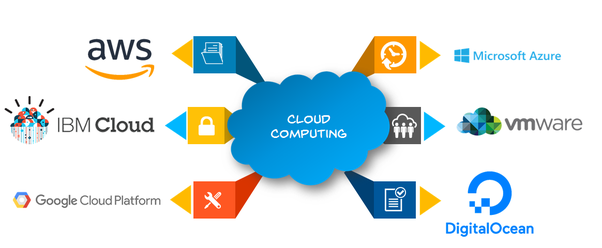
Choosing the Right Cloud Computing Company: A Comprehensive Guide

Best Cloud Security Services for Businesses
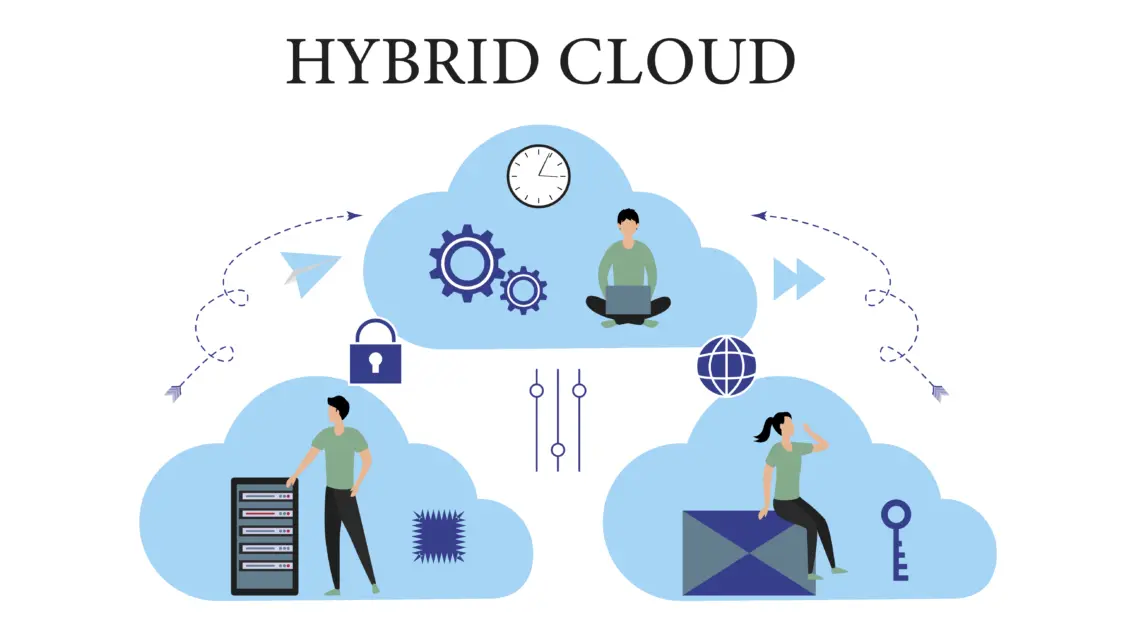
Hybrid Cloud Solutions: The Future of Small Business IT Infrastructure

Best Hybrid Vehicles for 2025 & 2026, Experts Reviews

Top Cloud Computing Solutions to Transform Your Business by 2025: Trends, Benefits, and Innovations
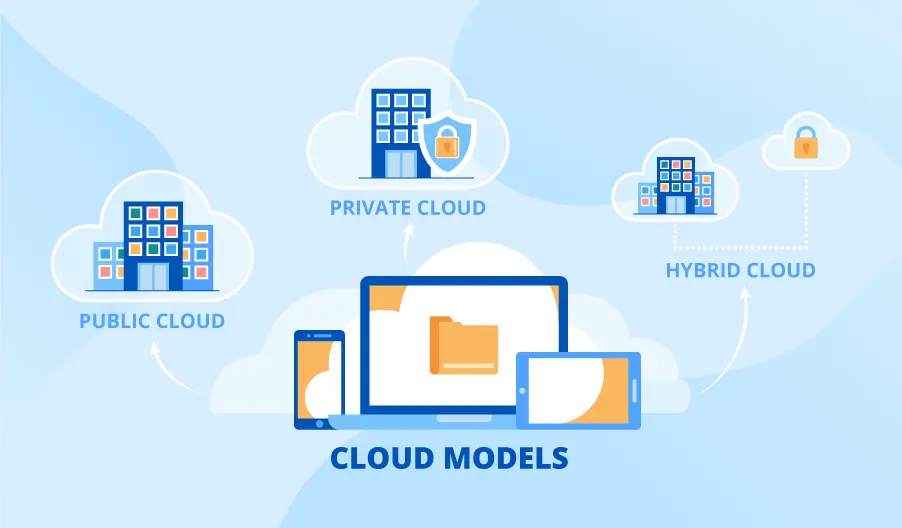
How Cloud-Based IT Solutions Are Transforming Business Operations
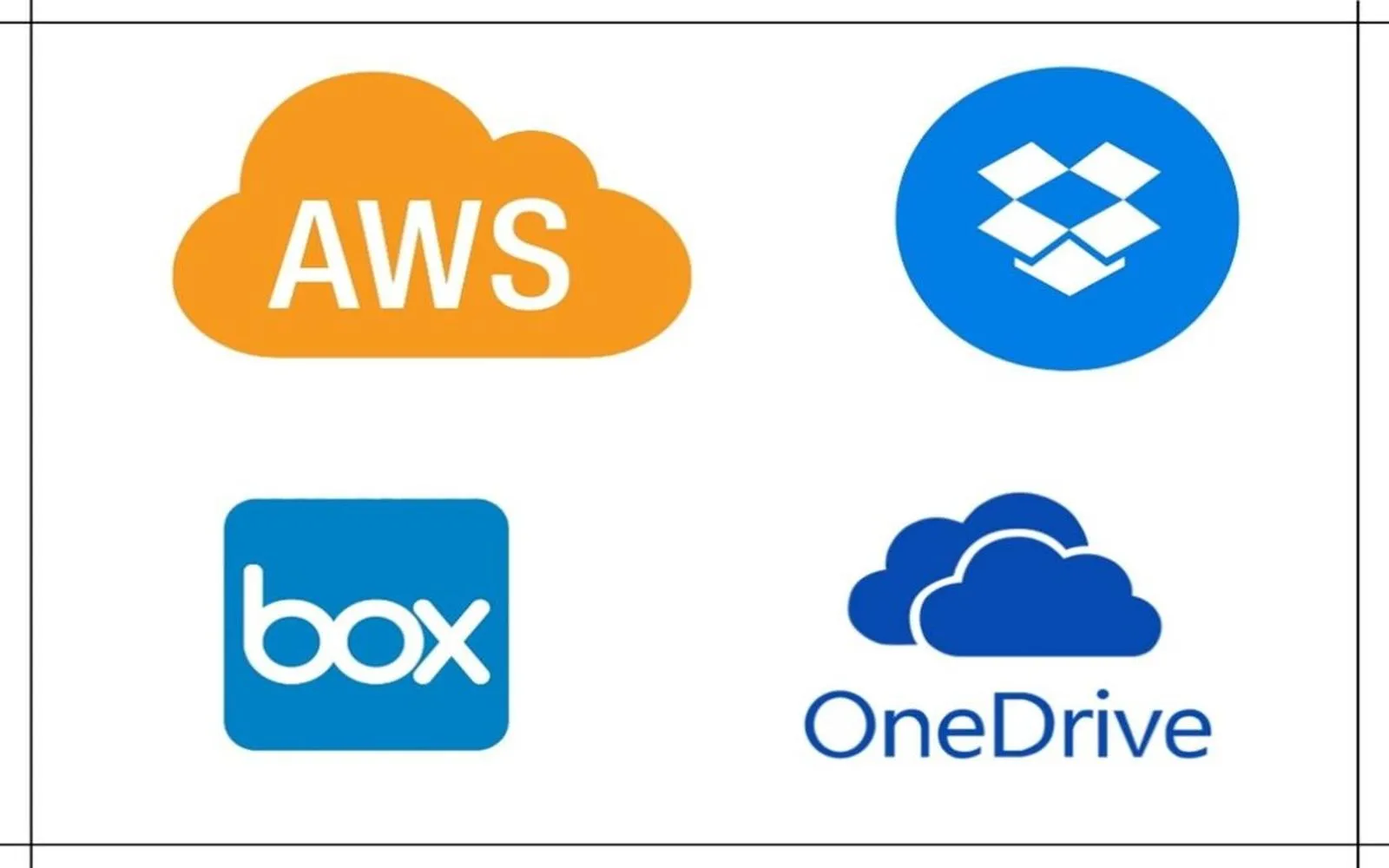
Top Cloud Storage Solutions for Businesses in 2025: Maximize Efficiency and Security
